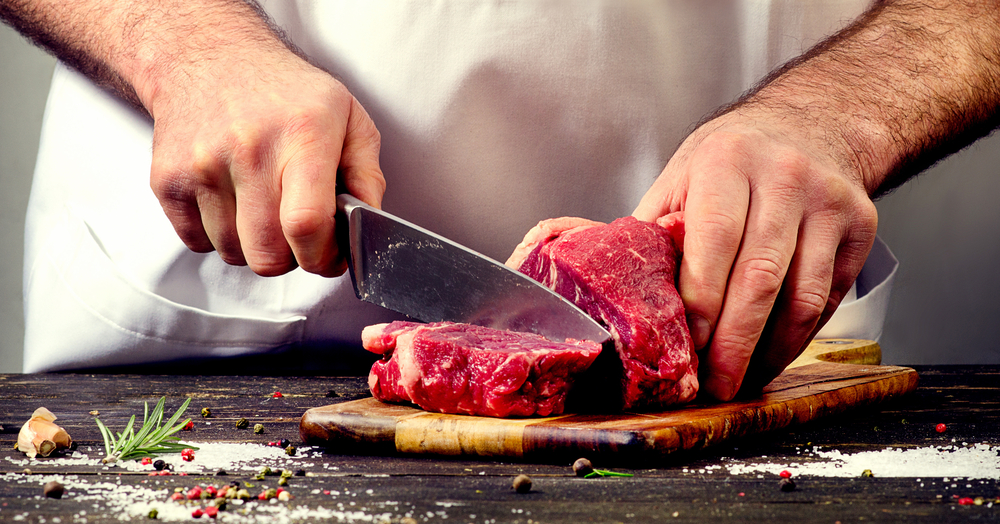Closure Threatens Sussex’s Last Abattoir
Support Urged for Last Remaining Small Abattoir in Sussex
Downland Traditional Meats Limited, based in Henfield, West Sussex, welcomed Andrew Griffith MP recently as the Arundel and South Downs representative visited the region’s last remaining small abattoir to discuss the growing challenges facing the sector.
Griffith met with owner Luke Smith – a farmer who manages 2,000 acres, 70 native breed cattle and 700 breeding ewes – to better understand what is needed to keep vital infrastructure like this alive in the UK’s food supply chain.
Following the recent closures of Tottingworth in East Sussex and Turners in Farnborough, Downland is now the sole small abattoir left operating in the South East. With farmers now travelling significantly further for slaughter and processing services, Downland has been forced to dramatically increase its throughput, putting further strain on already limited resources.
Mounting Operational Pressures
Running a small abattoir has become increasingly difficult, and Downland is no exception. Key challenges include:
-
Rising veterinary and inspection costs, with steep increases in fees for official vets and meat hygiene inspectors
-
Environmental compliance pressures, with changes to waste removal rules from the Environment Agency at the start of the year
-
Lack of skilled labour, making staffing difficult and expensive
-
Short-term lease, preventing access to finance or loans needed to upgrade ageing equipment
-
Collapse of secondary by-product markets, such as hides and sheepskin, removing a valuable income stream
These headwinds are compounding financial strain at a time when demand for local, traceable, and sustainable meat is rising. Small abattoirs like Downland play a unique role in supporting native and rare breeds, many of which are not accepted by large-scale processors.
Call for Action
During the visit, Griffith expressed his concern for the future of the industry:
“I am grateful to Luke Smith for taking the time to show me around his Downland Traditional Meat facility. There is a real crisis here for local farmers trying to supply local, sustainable, British meat and are dependent on parts of the supply chain that aren’t making money and are not able to get the sort of investment that they need to stay up with modern standards.
The government must continue the Smaller Abattoir Fund, which was set up by the last government, and ensure it is fair and accessible.”
Original source: Sussex World
